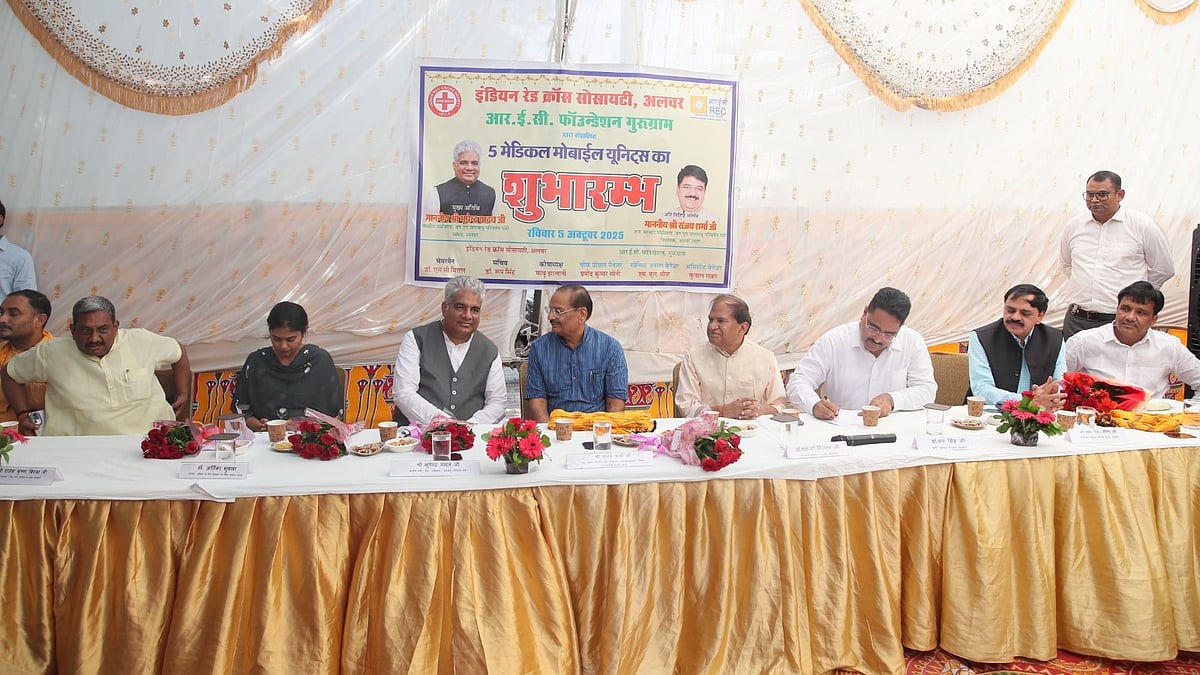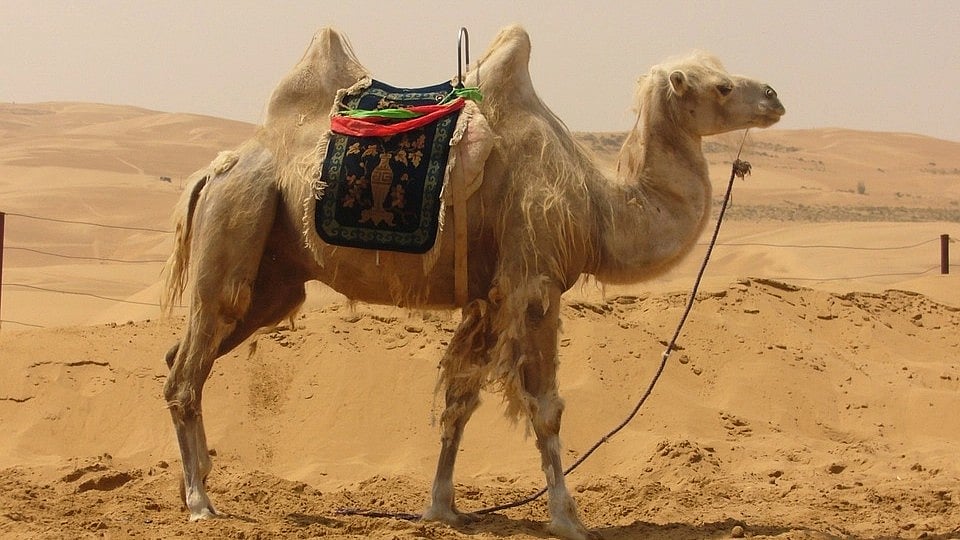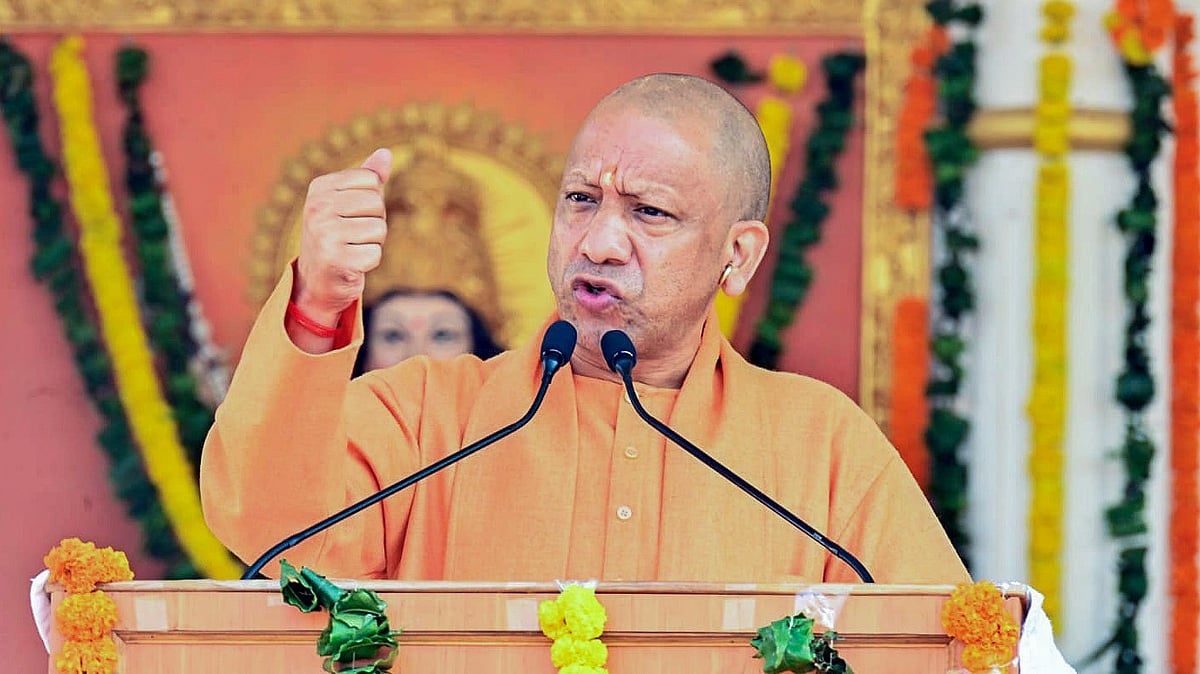Jaipur: Citing the declining camel population, the Bhajan Lal government in Rajasthan has lifted the ban on the export of camels, the state animal of Rajasthan, to other states. The decision is likely to have a positive impact on the upcoming Pushkar Cattle Fair, where the camel trade had declined due to this ban over the years.
According to an order issued by the Animal Husbandry Department, transporting camels outside the state now will be permitted with adherence to certain conditions like mandatory prior permission, a health check of the camel, permission for temporary breeding, and return in the stipulated time.
Nearly 11 years ago, the then Vasundhara Raje government passed the “Rajasthan Camel (Prohibition of Slaughter and Regulation of Temporary Breeding or Migration) Act, 2015” in the Assembly, declaring camel the state animal and prohibiting its slaughter and its sale and purchase in other states. The Act was passed, aiming at conservation of the camel.
Now, the current government has issued a notification allowing temporary breeding or migration of camels to other states.

“The decision has been taken keeping in mind the declining number of camels and the interests of animal herders. While allowing conditional export and migration will provide relief to camel herders, it will also promote their conservation,” said a senior government officer of the department.
The camel population in Rajasthan has seen a drastic decline. There were 4.20 lakh camels in Rajasthan according to the livestock census of 2007, which declined to 2.13 lakh in 2019. The decrease is attributed to factors like increased mechanization, reduced use of camels for transport, lack of pastures, and the Rajasthan Camel Act, which bans their slaughter and export, impacting their traditional market.
This decision will have a significant impact on the International Pushkar Cattle Fair, which will begin on October 22nd. The traders are hoping for a good business after the lifting of this ban.

The ban resulted in a decline in camel trade, and the number of camels coming to the fair reduced from 10,000 11 years ago to 3,000 last year.
Now that transport and export have been allowed, the camels will be brought to the fair in greater numbers than in previous years.








